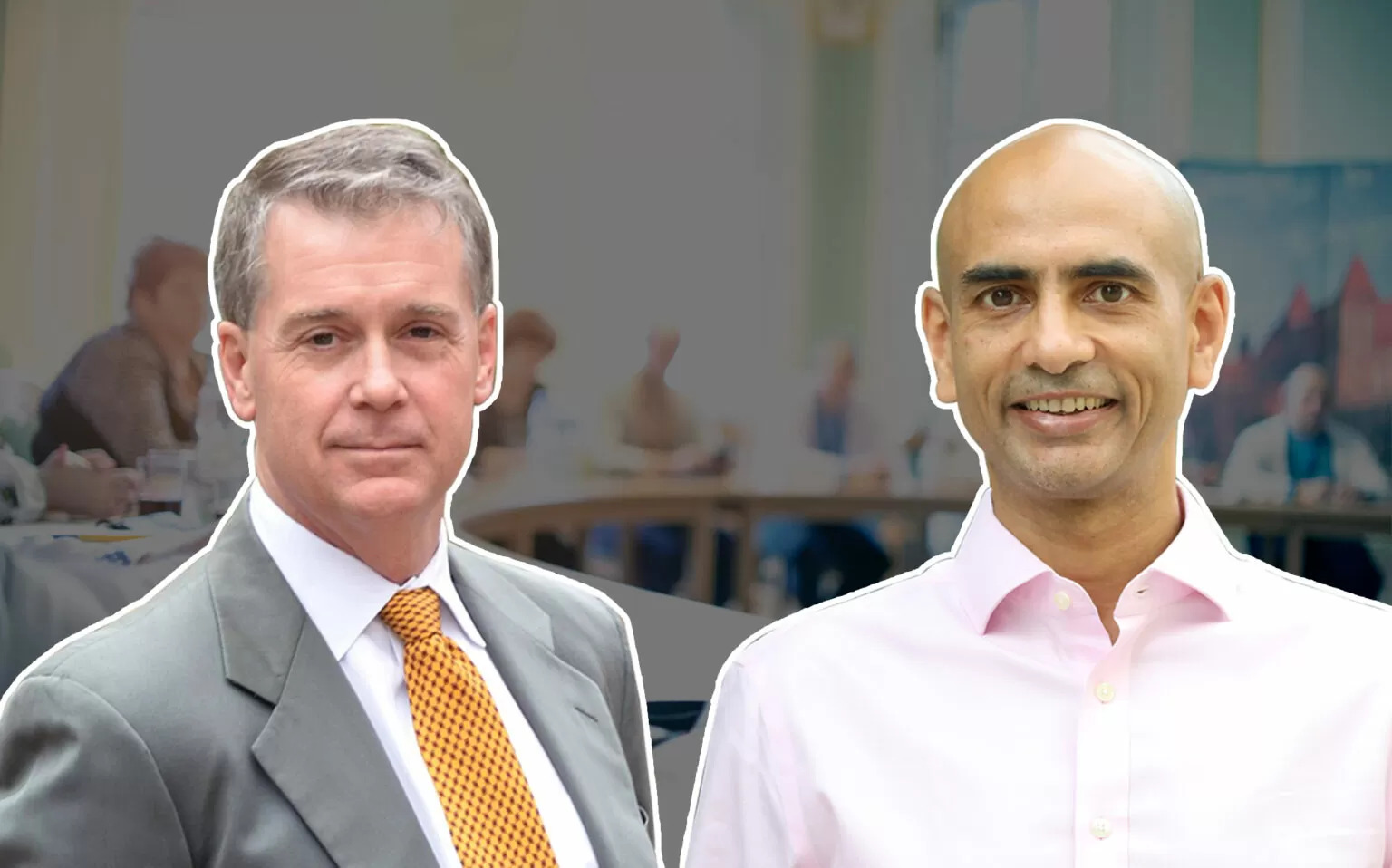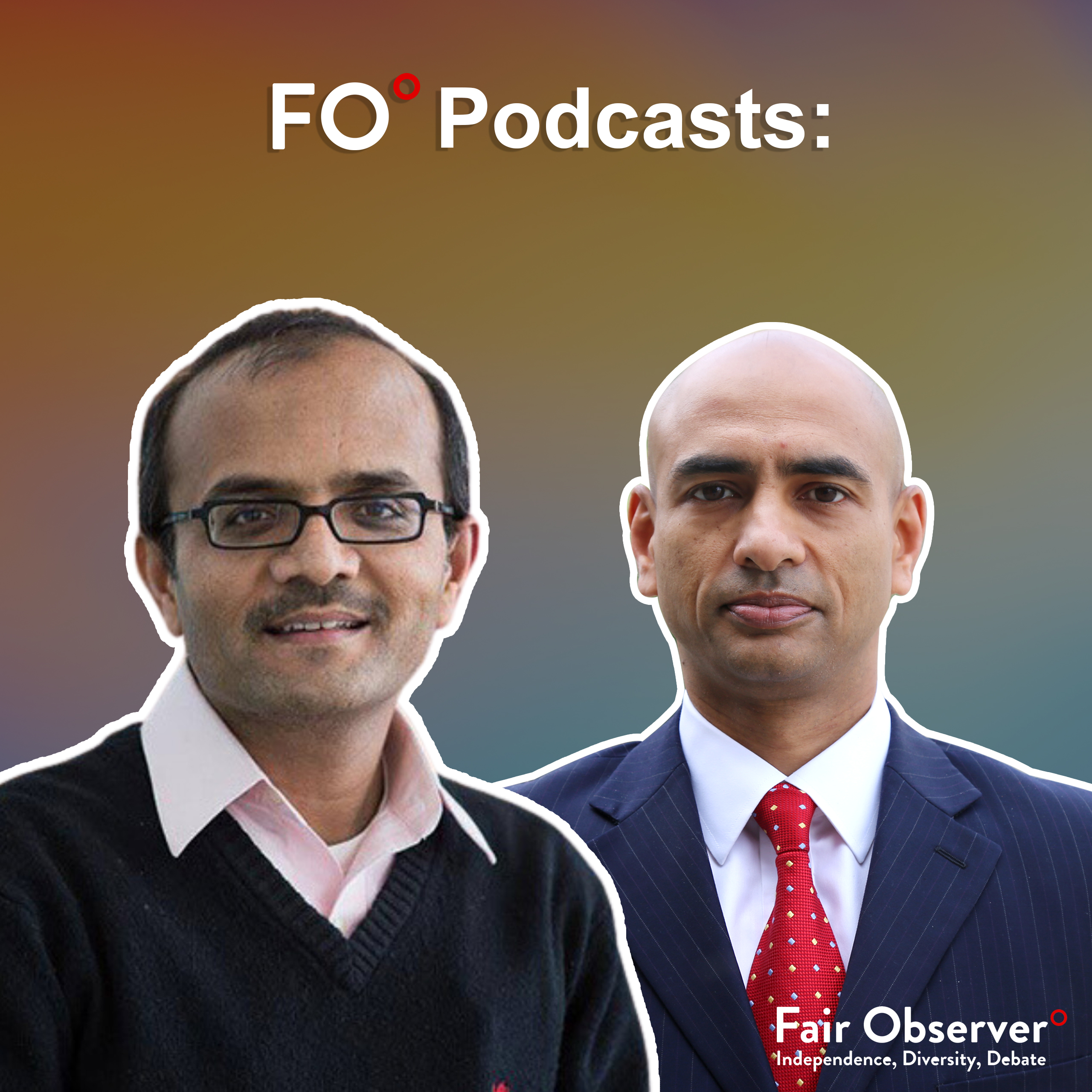In this edition of The Dialectic, Atul Singh and Glenn Carle examine the new world order that China is creating. The podcast hosts have been fascinated by China for decades and are avid students of the Middle Kingdom’s relentless rise. Both have examined the great characters in modern Chinese history such as Mao Zedong, Zhou Enlai, Deng Xiaoping, Zhu Rongji and now Xi Jinping.
Since 1978, China has almost defied the economic laws of gravity. The loosening of state regulations have allowed the economy to thrive. Deng’s 1978 reforms allowed the Chinese dragon to soar into the skies. China hid its strength and bided its time. Deng doubled down on reforms in 1992 and China entered the World Trade Organization (WTO) in 2001.
The same year, 9/11 attacks on New York and Washington, DC caused the US to fixate on the so-called global war on terror. Uncle Sam spent two decades chasing shadows in the deserts of the Middle East and the rocks of Afghanistan. The blood and treasure it spent in both misadventures came to naught, and weakened the superpower.
Now, the Middle Kingdom is refashioning the world that the US created in 1945 and that emerged triumphant in 1991 when the Soviet Union collapsed. Russian President Vladimir Putin challenged that world over the years and ended it by invading Ukraine in 2022. Large-scale war is now back in Europe after 1945. The US involvement in the Russia-Ukraine War has given China the opportunity to cultivate many non-European powers.
Recently, Beijing has brokered the restoration of diplomatic ties between Sunni Saudi Arabia and Shia Iran, challenging American domination of the region for the first time since World War II. Notably, China is now the biggest importer of Saudi oil and is the largest trade partner of Iran. For many countries in Africa and Latin America, China is now their biggest export market and the greatest source of investment and debt. During the heyday of European imperialism, trade followed the flag. In this new era of Chinese ascendance, the flag is following trade.
Singh and Carle address three questions in their podcast:
- If we are speaking about a new world order, we have to define the old world order. What was that old postwar world order?
- What is this new world order that China is championing?
- What are the implications of this new world order for the US, for China, for Europe, for major powers like Japan and India, and for the so-called “Global South”?
The views expressed in this article are the author’s own and do not necessarily reflect Fair Observer’s editorial policy.











